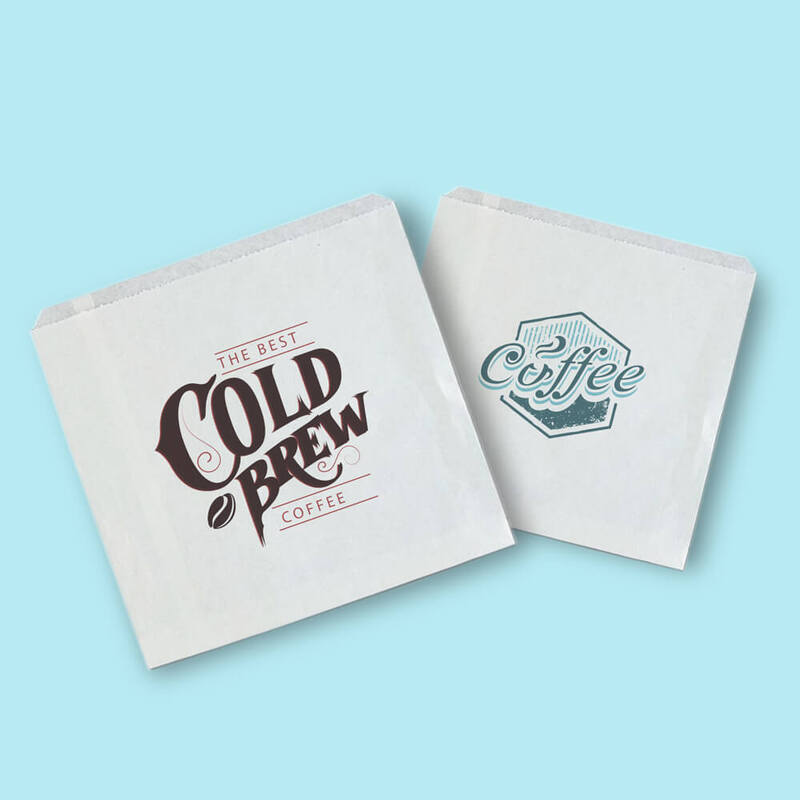The Versatility of Bread Bags More Than Just Packaging
Bread bags might seem like simple packaging, designed solely to keep bread fresh. However, upon closer inspection, these seemingly mundane items reveal a world of versatility and potential that extends far beyond the bakery. In this article, we will explore the varied uses, environmental considerations, and innovations surrounding bread bags, showcasing how they can contribute to sustainability and creativity in everyday life.
Functional Design
At their core, bread bags are designed to preserve freshness. Made from materials such as polyethylene or paper, they protect loaves from elements like air and moisture, which can lead to staleness and mold. The transparent nature of many plastic bread bags also allows consumers to check the bread's quality before purchasing. The design is not just functional but also consumer-friendly; the ease of opening and resealing ensures that bread remains fresh for longer periods, catering to the modern consumer's needs.
Reuse and Repurpose
Beyond their initial purpose, bread bags can be repurposed in numerous ways. For instance, many people save their bread bags to organize and store various items around the home. They can serve as small storage bags for items like toys, craft supplies, or holiday decorations. Some even use bread bags for gardening, filling them with soil to create mini planters for seedlings. This level of reuse not only extends the life of the bags but also encourages sustainability by minimizing waste.
Furthermore, mere moments of creativity can transform a simple bread bag into something unique. With a bit of decoration and crafting, children can use bread bags to create art projects, such as puppets or masks. This not only instills a sense of creativity but also teaches the importance of reusing materials instead of discarding them.
Environmental Impact
bread bags

In recent years, the conversations surrounding plastic waste have intensified, prompting discussions about the environmental impact of bread bags. Traditional plastic bread bags, like many single-use plastics, can contribute to pollution if not disposed of correctly. However, many brands are beginning to shift toward eco-friendly alternatives. Compostable bread bags made from biodegradable materials offer a sustainable solution that doesn’t compromise on functionality.
Recyclability is also a critical topic. While many plastic bread bags can be recycled, the conditions vary significantly based on local facilities. By educating consumers on proper disposal methods, bakeries and manufacturers can promote an environmentally friendly approach, encouraging customers to return bags for recycling.
Innovations in Bread Bag Production
With the growing emphasis on sustainability, innovation in bread bag production is blooming. Companies are developing bags with enhanced features, such as reusable designs or those that incorporate sustainable materials. Some brands now offer bread bags made from recycled plastics or corn starch, significantly reducing the carbon footprint associated with production.
Additionally, smart technology is making its way into packaging. Some modern bread bags come equipped with sensors that help monitor the freshness of the bread, alerting consumers when their bread is nearing spoilage. This integration of technology opens doors to smarter packaging solutions in the food industry, reducing waste, and ensuring that consumers receive the freshest products available.
A Culinary Staple with Many Futures
Bread is a culinary staple that transcends cultures, and bread bags play an essential role in keeping this staple fresh and accessible. However, the conversation surrounding bread bags must evolve. As consumers become more aware of environmental issues, they increasingly demand sustainable practices from manufacturers. The opportunity for repurposing, recycling, and innovative product designs will define the future of how we interact with bread and its packaging.
In conclusion, while bread bags may appear to be mere functional items meant to preserve our cherished loaves, they are, in fact, vessels of creativity and sustainability potential. By rethinking how we view bread bags and choosing eco-friendly options, we can contribute to a more sustainable future, transforming a simple baking accessory into a beacon for change in our consumption habits. Whether you're using them to store bread or reimagining their purpose entirely, the humble bread bag proves to be an incredibly versatile object in our daily lives.



